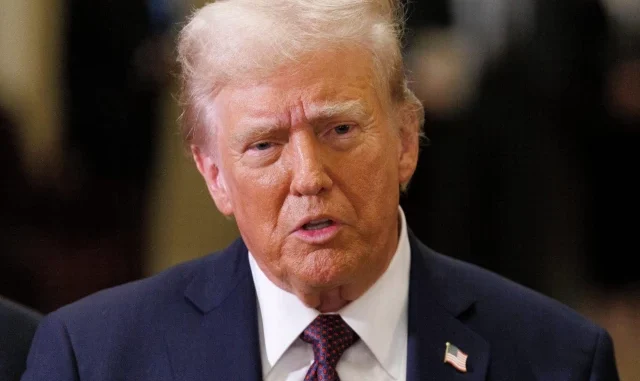
Trump’s Tariffs Offer Pakistan a Roadmap
ISLAMABAD:
Pakistan is facing a rising trade deficit, growing unemployment, and factory closures. Economists are now urging the government to adopt stronger protectionist measures, similar to Donald Trump’s “America First” policy. They believe such steps could protect local industries and help rebuild manufacturing.
Analysts Shahbaz Rana and Kamran Yousaf, in Express News’ “The Review”, said Pakistan should learn from Trump’s tariff-driven strategy. Trump used trade barriers and strict rules to bring production back to the United States. Quoting him, they recalled his words: “We want to build and grow more products in our country.” The analysts said Pakistan must take similar decisive action to prevent further economic decline.
In just three months, Pakistan’s trade deficit jumped 33% to $9.4 billion. Global firms such as Procter & Gamble, Telenor, and Microsoft have reduced or ended operations. Experts link these exits to sudden tariff cuts, high production costs, and cheap imports from China. The most affected sectors are steel, electronics, pharmaceuticals, and textiles.
The National Tariff Commission imposed anti-dumping duties, yet enforcement remains weak. Court delays and slow decisions discourage investors and harm industrial growth.
Local manufacturers also face heavy taxes, costly electricity, and one-sided trade deals like the China-Pakistan FTA. Together, these issues make local production uncompetitive.
The World Bank says Pakistan’s growing poverty stems from an economy too dependent on imports. Experts warn that when local firms close, importers control the market and later raise prices, pushing inflation higher.
They urge Prime Minister Shehbaz Sharif’s government to restore tariff protections, empower the NTC, reform trade courts, and review trade agreements. Economists believe bold action can protect jobs and strengthen Pakistan’s economic independence.
NEWS DESK
PRESS UPDATE
